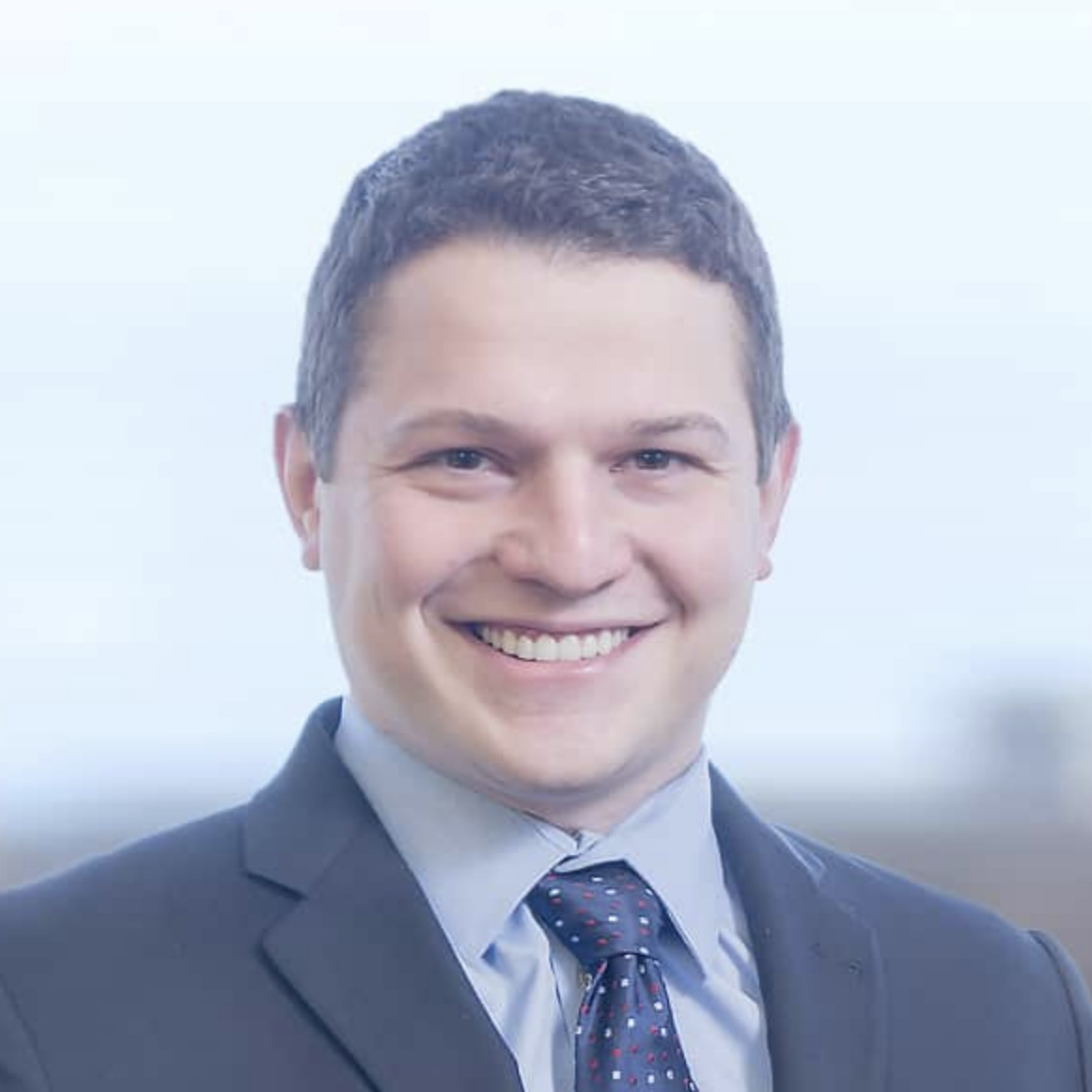The patent community often treats the Director of the United States Patent and Trademark Office (USPTO) as the person responsible for setting and changing an administration’s patent policy. On this episode of the Clause 8 podcast, former USPTO Commissioner for Patents, Robert Stoll, says that’s a mistake. “The autonomy of the Director is not what people think it is on the outside who are not familiar with it,” he emphasizes. “It’s not your own voice. Any Director of the PTO has to work in their administration and carry forward what becomes the policy of the President. So, they’re not free hands with respect to implementing their ideas, and you just have to recognize that.”
Bob is able to draw on his 30+ year-long career at the USPTO for such insights. During that time, he worked his way up from being patent examiner to being the Commissioner for Patents. As Commissioner, Bob helped former USPTO Director David Kappos implement the America Invents Act (AIA) and transform how the USPTO’s patent examiners operate. Now out of government, Bob freely shares what he thought about what happened at the USPTO during his time there as an executive, why he stayed, and what he thinks about the current state of America’s patent system. He also shares his thoughts on various ongoing debates surrounding the patent system, including the “patent troll” narrative and the issue of “patent quality.”
In this episode, Eli and Bob also discuss Bob’s family’s deep roots in IP law. Bob’s father was a patent attorney at the firm LeBlanc Shur, where he was partners with the legendary patent appellate attorney Don Dunner before Dunner joined Finnegan, Henderson. Bob and most of his siblings followed in his father’s footsteps. His younger brother, Thomas Stoll, became a well-known senior advisor on IP issues on Capitol Hill, and Tom’s wife, Kara Stoll, coincidentally left Finnegan to become a judge on the U.S. Court of Appeals for the Federal Circuit. (In another coincidence, Kara Stoll interviewed me for my first job in the patent world at Finnegan, Henderson).
Bob’s secret for success is simple but was unquestionably effective in his own career. “There are many secrets. Here’s my main idea with respect to succeeding: be nice to everyone. I mean, I really think that’s the key to success. Go in with a smile, be nice to everyone. Even the secretary can sink your career. Be nice, and you always feel better being nice anyway. So do it! And that is really what I think is the key to success.”
Bob also talks about how he adjusted to different administrations and differing opinions. He explains that it was sometimes challenging but he found ways to work within the system. “It’s very hard to adjust. If you can remember, [former USPTO Director] John Dudas got us into the Tafas situation with continuations, and I was very much not on that side. So, it was tough for me to have to toe the line on some of these policy issues that I thought were ill-conceived. What I did was, in all of my iterations of different jobs, I interfaced with the bars all the time and asked what the bar was interested in doing, and that’s where I took my leads with respect to positions to take.”
Fittingly, Bob provides advice for effectively impacting the direction of patent policies by working within those bar organizations.

![[IPWatchdog Logo]](https://ipwatchdog.com/wp-content/themes/IPWatchdog%20-%202023/assets/images/temp/logo-small@2x.png)

![[Advertisement]](https://ipwatchdog.com/wp-content/uploads/2024/04/UnitedLex-May-2-2024-sidebar-700x500-1.jpg)
![[Advertisement]](https://ipwatchdog.com/wp-content/uploads/2024/04/Patent-Litigation-Masters-2024-sidebar-700x500-1.jpg)

![[Advertisement]](https://ipwatchdog.com/wp-content/uploads/2021/12/WEBINAR-336-x-280-px.png)
![[Advertisement]](https://ipwatchdog.com/wp-content/uploads/2021/12/2021-Patent-Practice-on-Demand-recorded-Feb-2021-336-x-280.jpg)
![[Advertisement]](https://ipwatchdog.com/wp-content/uploads/2021/12/Ad-4-The-Invent-Patent-System™.png)






Join the Discussion
No comments yet.